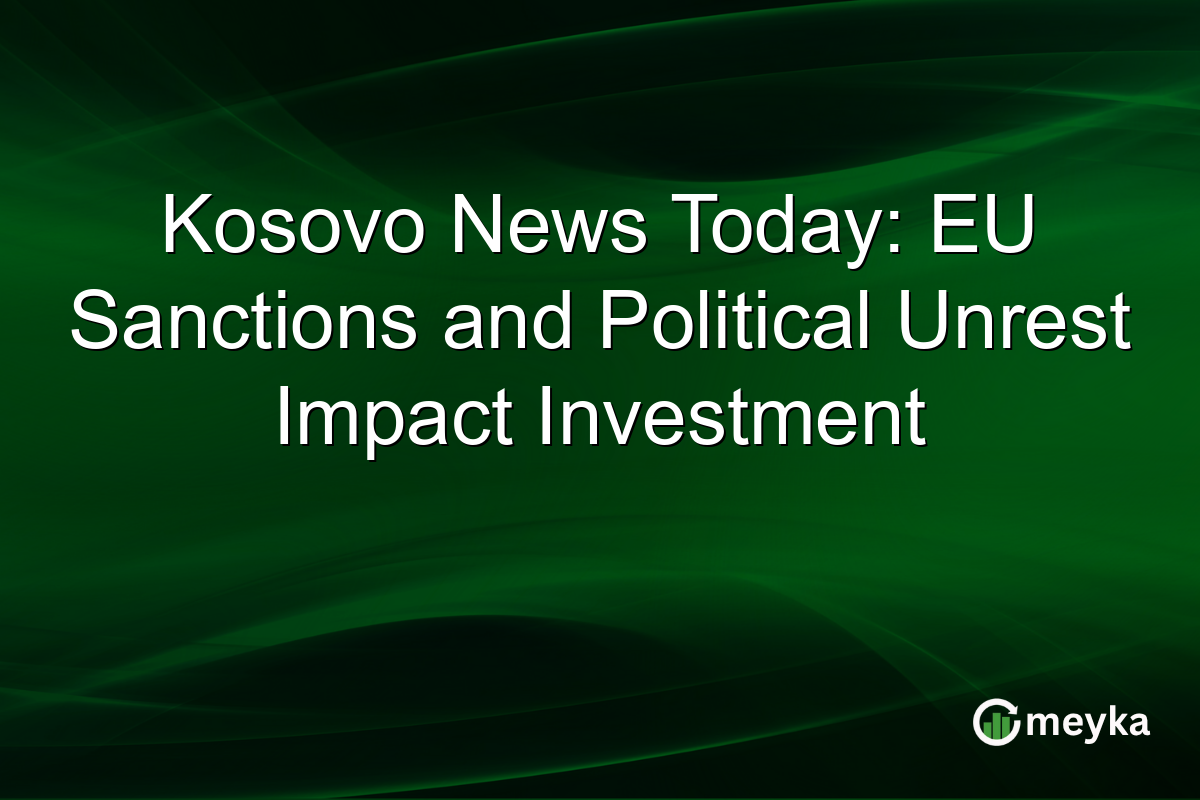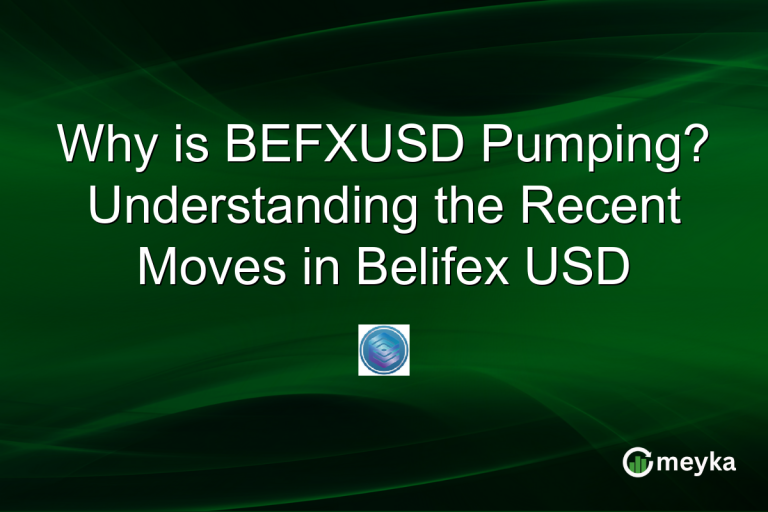Kosovo News Today: EU Sanctions and Political Unrest Impact Investment
Kosovo is facing significant economic and political challenges as the European Union imposes fresh sanctions following ongoing unrest. This development is creating ripples across the Balkans. Investors are particularly concerned about the impact on local businesses and the broader regional stability. Let’s explore how these sanctions are influencing foreign investment and economic confidence in Central and Eastern Europe.
Understanding the EU Sanctions on Kosovo
The European Union recently sanctioned Kosovo in response to its persistent political turmoil. The unrest stems from escalating tensions between Kosovo’s government and minority communities. These sanctions aim to pressure the government into restoring stability and respecting minority rights. However, they also pose risks to economic growth by limiting trade and financial transactions. This move sends a strong message, emphasizing the importance of political harmony for economic prosperity.
The Impact on Foreign Investment in the Balkans
EU sanctions complicate the investment climate in Kosovo, deterring potential foreign investments. Investors usually seek stable regions where the risk of financial loss is minimized. With the current unrest, Kosovo presents a significant risk. This is not just affecting local businesses, but regional markets as well. The Balkans, already battling economic challenges, might see reduced investor interest. These factors contribute to a perception of increased volatility and weakened investor confidence in the region.
Economic Sentiment Across Central and Eastern Europe
The sanctions against Kosovo have implications beyond its borders. Central and Eastern European economies closely monitor these developments. The fear of spillover effects can dampen regional investment drives. External investors eyeing opportunities in the Balkans might reconsider their strategies. Regional stability is crucial as it affects not only direct investments but also economic partnerships and market expansion strategies. The EU’s stance underscores the delicate balance required for growth in this politically sensitive area.
Final Thoughts
The EU’s decision to sanction Kosovo highlights the intricate link between political stability and economic prosperity. As Kosovo navigates through these challenges, the wider Balkans region remains under scrutiny. Investors must weigh the risks against potential returns, given the unpredictable nature of political developments. Going forward, the restoration of stability and investor confidence will be crucial. Maintaining open channels for dialogue and reform will be vital in regaining trust and fostering a conducive environment for growth.
FAQs
EU sanctions limit Kosovo’s trade and financial transactions, leading to reduced business opportunities and tighter economic conditions. This impacts local businesses by restricting their market access and potential for growth.
Foreign investors view Kosovo as risky due to political instability and sanctions. They prefer stable investment climates, and current unrest deters them, impacting regional investment perceptions.
Increased tensions in Kosovo could spill over into neighboring countries, causing wider instability. This may lead to reduced investor confidence in the entire Balkans region, affecting economic growth and opportunities.
Disclaimer:
This is for information only, not financial advice. Always do your research.






